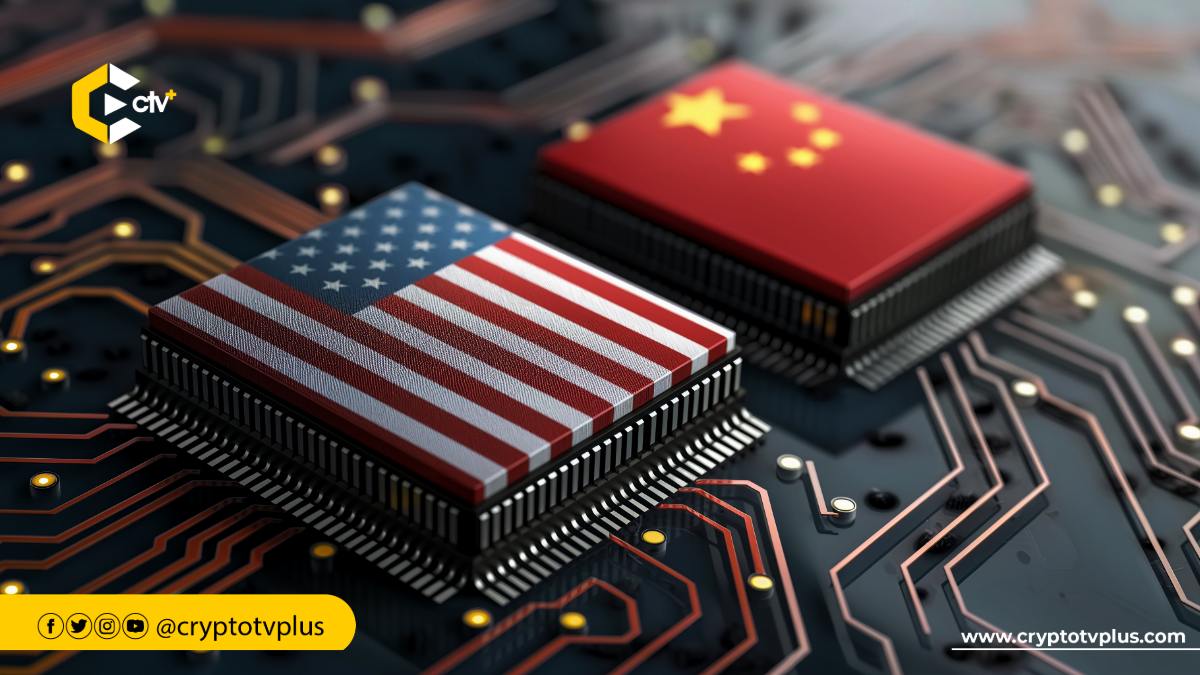News
US Commission calls for Manhattan Project-like AI plan to rival China

A government advisory group urges the U.S. to adopt a Manhattan Project-level effort to maintain its edge over China in AI technology.
As part of its recommendations, the USCC urges the US Secretary of Defense to grant AI projects the highest level of national priority.
To address rising competition with China, a bipartisan U.S. congressional panel recommends a Manhattan Project-level strategy for advancing AI technology.
A November report from the US-China Economic and Security Review Commission recommends that Congress establish and allocate funding for a Manhattan Project-like effort to boost AGI development.
World War II saw the Manhattan Project emerge as a codename for a U.S. government-private sector partnership that produced the first atomic bombs.
The USCC believes that replicating the Manhattan Project’s public-private collaboration model will be essential for advancing AGI in America.
The commission urges the US Secretary of Defense to assign the highest level of national priority to AI-related projects.
In its recommendations, it emphasized that the executive branch should be granted extensive multiyear contracting authority and that the government should provide funding to key AI, cloud, and data center firms to ensure they develop at a “scale and pace consistent” with U.S. priorities.
In recent years, the USCC reports that China has emphasized the growth of emerging technologies such as AI, quantum advancements, biotechnology, and battery storage.
Read also: U.S. Treasury’s fraud detection with AI recovered $4 billion in 2024.
For industries to lead in the “race for superior AI,“ the report stresses the need for successfully integrating advanced hardware, computing power, and rich language model datasets.
“While the United States has a lead,” at the moment with most of these AI-related technologies, “China is making rapid advancements and has demonstrated some ability to innovate around US and allied export controls” to mixed success.
“However, if China manages to overcome these challenges, its rapid technological progress threatens the US economy and military and may erode the deterrence and stability in the Pacific, as well as tip the global balance of power,” the report said.
One of the USCC’s key proposals is to end trade exemptions that let specific Chinese products avoid U.S. tariffs.
Since its establishment in 2000, the commission has overseen and analyzed the trade and economic relationship between the U.S. and China, submitting regular reports to Congress.

























Pingback: Binance Connect relaunches with integrated crypto-to-fiat service